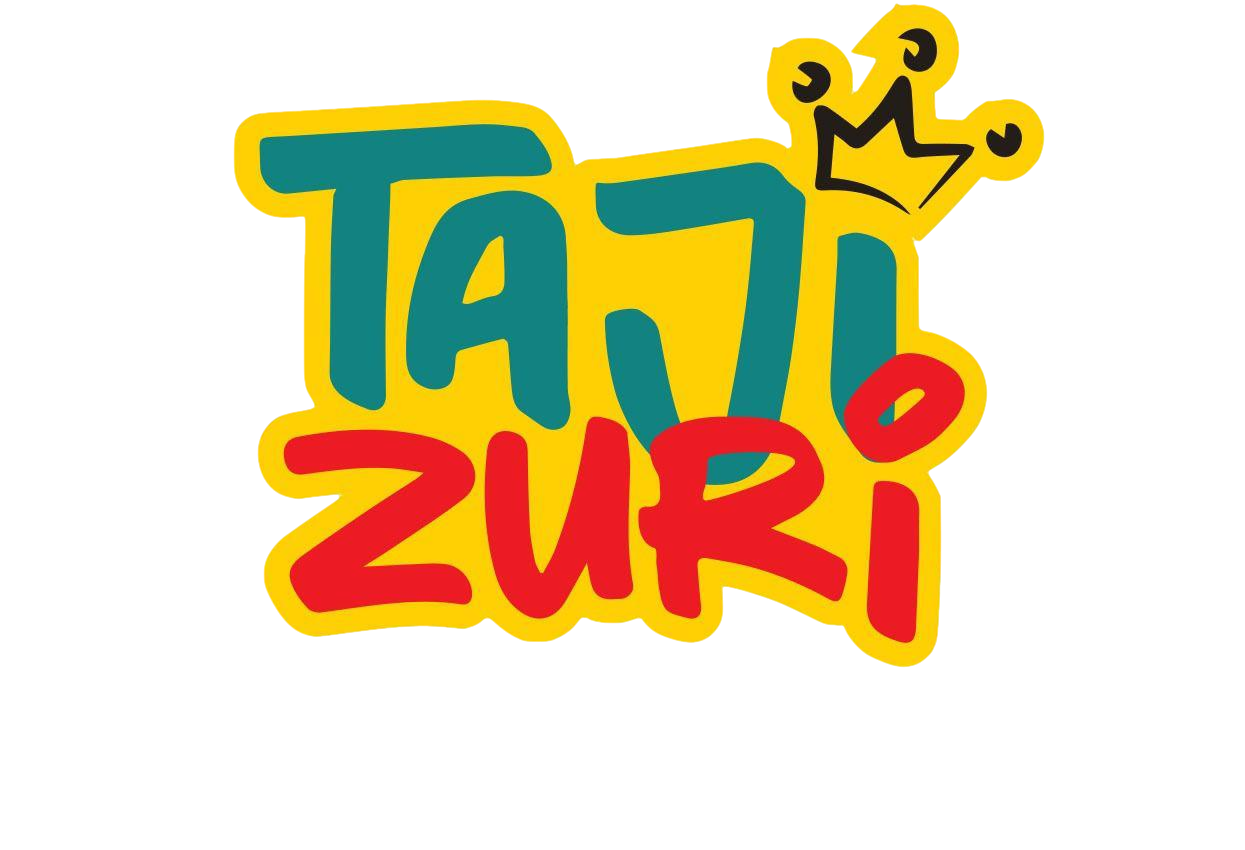Whenever we have our Parent Teacher Conference in school or whenever I meet a parent in school or outside the school I always get these questions from them ‘What is so different about the curriculum you are teaching? How is it different from other curriculum? What makes the curriculum you are teaching popular nowadays? How does this curriculum support the learner to thrive in the 21st Century world?’ I always start by using this famous quote from former Secretary Riley “We are currently preparing students for jobs that don’t yet exist … using technologies that haven’t been invented … in order to solve problems we don’t even know are problems yet.” —Richard Riley, former Secretary of Education
A story I would like to share ( I love storytelling) ☺ – My student went home and excitedly told her parents ‘I get to pick where I sit in class, I also get to choose who I can collaborate with in a group during our subjects in class and I also get to choose the different ways on how I can present my tasks’. It was the first time in her schooling experience that she had some choice in her learning. The parents came to see me to get to know more about all this. This is not the first time I had this conversation, I’ve had it countless times before as a teacher.
We use student agency to drive our learning which nurtures lifelong learners ready for real-world situations and life beyond school. Student agency gives students voice, choice and ownership of their learning. Agency is basically when our students have ownership of their own learning and action that comes from that learning. Our job as teachers is to facilitate opportunities with their learning that enable more active participation for the learners. Other questions I always get – “Why action? What is action in learning? When we were in school, we just learned, our teachers instilled knowledge in us using text books and at the end of the term we did an exam and I am now a surgeon or a financial analyst ☺ So what is this action in learning?’ I always reply by saying that – ‘Action is considered to be an application of learning where students feel compelled to do something or make a change in response to something new they have learned. When students can take their ideas forward through action, learning is strengthened.’ This is indeed student agency!
Student agency is about having the power, combined with choices, to take meaningful action and see the results of your decisions. It can be thought of as a catalyst for change or transformation. Student agency is about shifting the ownership of learning from teachers to students, enabling students to have the understanding, ability, and opportunity to be part of the learning design and to take action to intervene in the learning process, to affect outcomes and become powerful lifelong learners. A good and simple example of student agency is when the students identify and set their own goals, help to choose their own differentiated activities (whether to perform role play to get into the characters being discussed, or to write a poem about the concept in discussion, or to collaborate with their peers through research and present their findings to the class) and reflect upon how well they have met their goals. These examples can be introduced as slowly or as quickly as you feel your group of learners can cope. It really all depends on your group of learners and how much autonomy they may have been exposed to previously. It is of course an on-going process.
Word With Khadija: Strengthening Student Agency




